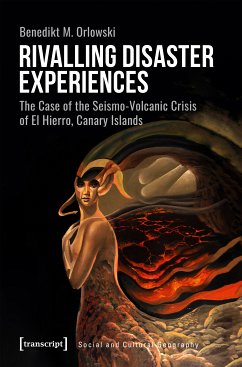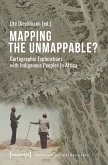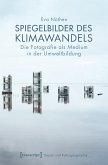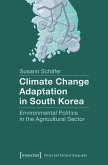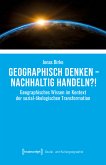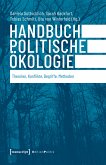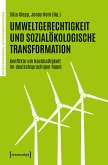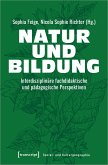People experience disasters very differently. Conflicts about a »correct« interpretation of the risks might arise. The side-by-side of different truths lead to people seeing mismanagement and disinformation. The volcanic crisis of El Hierro shows how rivalling interpretations amongst affected islanders, the media, sciences, and disaster response institutions cause great social tensions and scepticism towards scientific information. Thus, to fully understand disaster risk, the focus must shift to the rifts between established convictions and the individuals' creativity to overcome them, taking into account their embeddedness in various fields of practice, each with their own rationales and ruptures.
